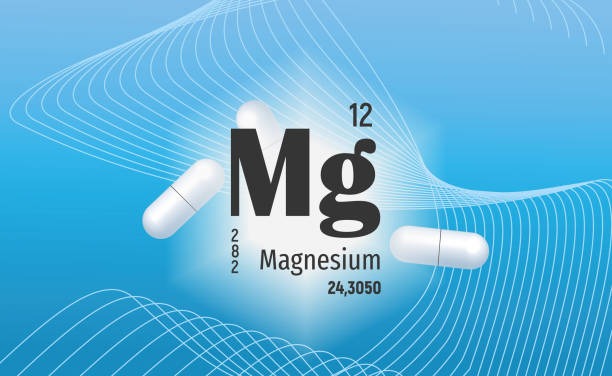Magnesium helps your body in hundreds of ways. It’s essential for your muscles, nerves, energy, and bones. Without it, you won’t function optimally. The problem is many people don’t realize they’re deficient in magnesium. While symptoms might not be noticeable initially, over time, insufficient magnesium can significantly impact your well-being. Understanding the signs of magnesium deficiency can help you address the issue and maintain good health.
1. Fatigue and Weak Muscles
Fatigue is often one of the first indicators that you might have insufficient magnesium in your body. You might find yourself exhausted even after a full night’s sleep or notice a general lack of energy throughout your day. This occurs because magnesium is crucial for converting food into energy. When levels are low, your body struggles to maintain its strength and stay energized. Along with fatigue, muscle weakness may develop, making it challenging to perform physical activities or maintain your usual workout routine.
2. Muscle Spasms and Cramps
If you frequently experience muscle cramps or spasms, low magnesium levels might be the culprit. Magnesium helps regulate muscle contractions, and insufficient levels can result in unwanted twitching or painful cramps in your legs or feet. These symptoms might occur during exercise or even while resting. In severe cases, magnesium deficiency can lead to tremors or even seizures. If you notice these symptoms, it’s important to consult a healthcare provider for proper evaluation.
3. Mood Changes and Mental Health Symptoms
Magnesium influences brain function and mood regulation. A deficiency can result in irritability, anxiety, or depression. You might become more reactive to situations or find stress management more challenging. Some individuals report experiencing confusion or difficulty concentrating. While these symptoms can have various causes, magnesium deficiency is often overlooked. Increasing your magnesium intake might help improve emotional balance and mental clarity.
4. Sleep Disturbances
Difficulty falling asleep or maintaining sleep might indicate insufficient magnesium levels. This mineral is crucial in regulating neurotransmitters involved in sleep, such as GABA, which promotes relaxation. With inadequate magnesium, you may experience restlessness at night or frequent wakings. Some individuals use supplements to enhance sleep quality, such as magnesium glycinate in powder form, which offers superior absorption and calming effects.
5. Numbness, Tingling, or Abnormal Heart Rhythms
When magnesium deficiency becomes severe, symptoms may include tingling sensations, numbness, or irregular heartbeat patterns. These manifestations occur because magnesium is essential for proper nerve function and cardiac health. Without addressing this deficiency, you risk developing more serious cardiac complications, including severe heart rhythm abnormalities or broader cardiovascular issues. If you experience these symptoms alongside previously mentioned signs, immediate medical consultation is crucial.
Conclusion
Magnesium deficiency affects multiple aspects of your health, influencing everything from muscular function and emotional well-being to sleep patterns and cardiac performance. Recognizing these indicators enables you to take corrective measures and restore optimal health. Whether through dietary modifications, lifestyle changes, or supplementation, maintaining adequate magnesium levels is essential for overall wellness. Taking proactive steps now can prevent more significant health complications in the future.


